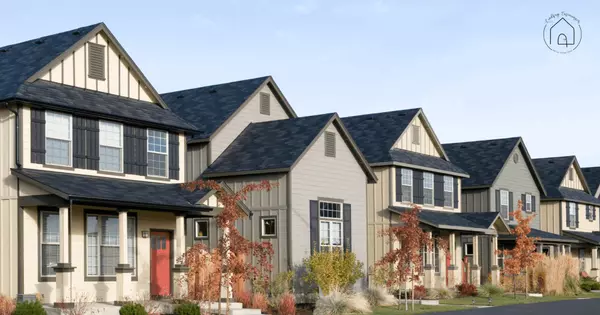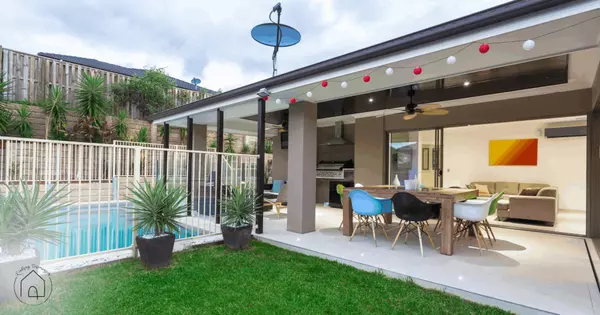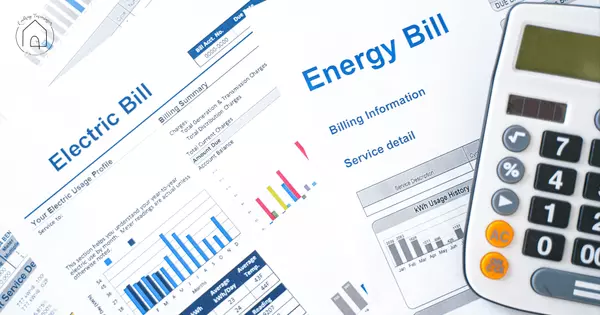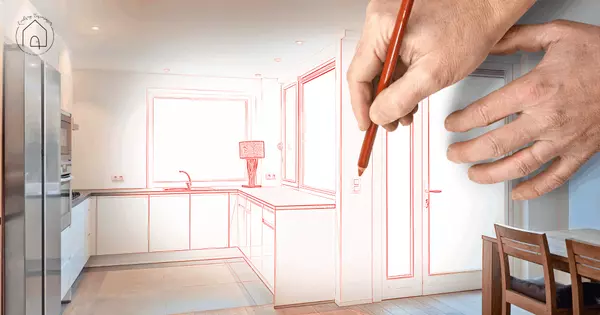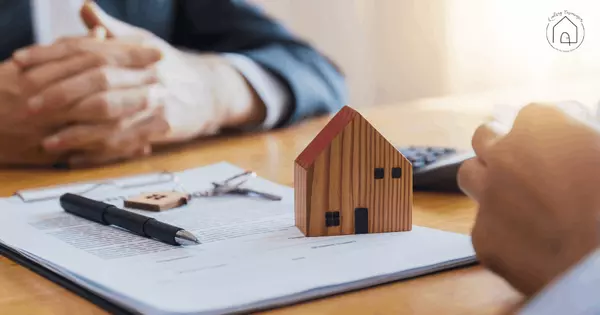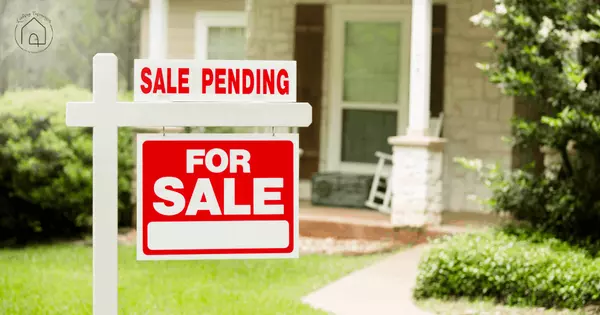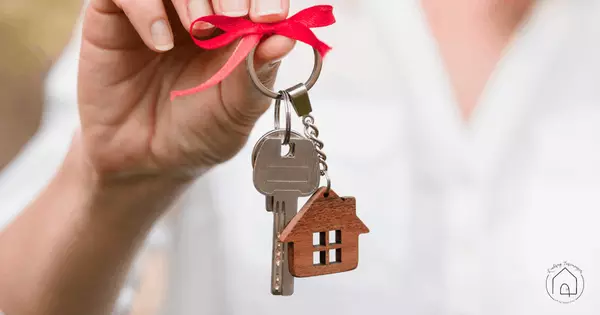What Gen Z Buyers Really Want in a Home
Gen Z is starting to enter the housing market, and their preferences are shaping how homes are bought and sold. This group, born between the late 1990s and early 2010s, values function, flexibility, and smart technology. Unlike previous generations, many Gen Z buyers are entering the market with st
Know the Facts About HOAs Before You Move
Many homes are part of a homeowners association, or HOA. This setup can offer structure and shared services. You might get access to amenities like pools or fitness areas. You may also find rules about what you can and can’t do with your home. These rules are called covenants, conditions, and restr
Managing Household Spending One Step at a Time
Keeping track of household expenses helps you avoid stress. Start by listing your monthly income and fixed bills. Include rent or mortgage, utilities, and other regular costs. Don’t forget smaller things like subscriptions or memberships. Then look at flexible spending, like groceries and gas. Trac
Home Shopping by Generation
The process of buying a home is deeply personal, shaped by life stages, priorities, and cultural trends. From first-time buyers to retirees, generational differences play a significant role in shaping what people look for in a home and how they go about finding it. Let’s explore how home shopping v
What to Consider When Buying a Home for Retirement
Choosing a home for retirement involves different priorities than buying a home at other stages of life. Location plays a key role in ensuring convenience and a desirable lifestyle. Proximity to healthcare facilities, grocery stores, and recreational activities can improve daily living. A safe and
What Shapes Real Estate Prices in Your Area?
The real estate market is shaped by more than just homes for sale or buyers ready to invest. Various factors contribute to property values, demand, and market stability. Whether you're a homeowner, buyer, or someone interested in real estate trends, understanding these factors can help you make inf
Understanding the Factors That Impact Your Local Real Estate Market
The real estate market in your area isn’t just shaped by houses for sale and buyers ready to invest—it’s influenced by a complex interplay of factors that affect property values, demand, and overall market stability. Whether you're a homeowner looking to sell, a buyer scouting for the perfect home,
How to Create a Low-Maintenance Backyard
Creating a low-maintenance backyard can provide you with a peaceful outdoor space without demanding constant attention. The first step is to choose the right plants for your garden. Native plants, which are well-suited to your local climate, often require less water, fertilizer, and care. Opting fo
Smart Ways to Reduce Your Energy Bill at Home
Cutting down on energy consumption doesn’t just save money; it also helps the environment.
Here are some effective ways to lower your energy bill:
Install a Programmable Thermostat
A programmable thermostat adjusts temperatures based on your schedule, so you’re not heating or cooling when no one i
Top Renovations That Increase Your Home's Value
When it comes to selling your home or simply increasing its value for future potential, renovations are one of the most effective ways to boost your property’s market worth. However, not all home improvements are created equal. Some upgrades offer a strong return on investment (ROI), while o
How to Determine Your Budget for Buying a Home
Buying a home is an exciting milestone, but it can also be overwhelming—especially when it comes to figuring out your budget. Knowing how much you can afford ensures that you make a smart financial decision, one that aligns with your long-term goals. If you're ready to begin your homebuying journey
The Process of Closing on a House
The closing process is the final step in purchasing a home and involves several important tasks and considerations. Here's an in-depth overview of what to expect during the closing on a house.
1. Title Search and Inspection
Prior to closing, a title search is conducted to verify the property's owne
Real Estate Negotiation Strategies for Buyers and Sellers
Negotiation skills are paramount in real estate transactions, allowing buyers and sellers to achieve favorable outcomes. Successful negotiation involves preparation, effective communication, and strategic decision-making. Explore proven negotiation strategies to navigate the bargaining process with
Exploring the Intangible Rewards of Homeownership
Homeownership is a cornerstone of the American dream, offering more than just financial benefits. Understanding and appreciating these non-financial advantages can enrich the experience for homeowners and provide real estate professionals with additional selling points.
1. Stability and Security
Ow
From Research to Keys in Hand
Embarking on the journey of purchasing a home is a thrilling yet intricate process. To navigate this endeavor successfully, consider these invaluable home buying tips:
Research and Budgeting: In the realm of real estate, knowledge is power. Immerse yourself in comprehensive research on property val
Why Your House Didn’t Sell
If your listing expired and your house didn’t sell, you’re likely feeling a little frustrated. Not to mention, you're also probably wondering what went wrong. Here are three questions to think about as you figure out what to do next.
Did You Limit Access to Your House?One of the biggest mistakes yo
Gen Z: The Next Generation Is Making Moves in the Housing Market
Generation Z, born between the mid-1990s and early 2010s, is starting to make its mark in the housing market. Here are some ways this upcoming generation is influencing the real estate industry:
Homeownership Aspirations: Despite being younger, many Gen Z individuals already have aspirations of h
Navigating the Home Buying Process
The journey to homeownership is both thrilling and intricate, especially for first-time buyers navigating the labyrinth of the real estate market.
The initial step in this journey is setting a realistic budget. Before diving into the listings, evaluate your financial situation, taking into account
Unlocking the Door to Your Dream Home
Buying a home is an exciting adventure, but it can also be overwhelming, especially for first-time buyers. This comprehensive guide will walk you through the essential home-buying steps, helping you make informed decisions and find the home of your dreams.
Assess Your Finances: Before diving into
Four Ways You Can Use Your Home Equity
Home equity refers to the value of your home that you own outright, minus any outstanding mortgage balance. It can be a valuable asset that can be utilized in various ways. Here are four ways you can use your home equity:
Home renovations or improvements: Using your home equity to fund renovations

Lindsay Eisiminger
Phone:+1(720) 934-0343








